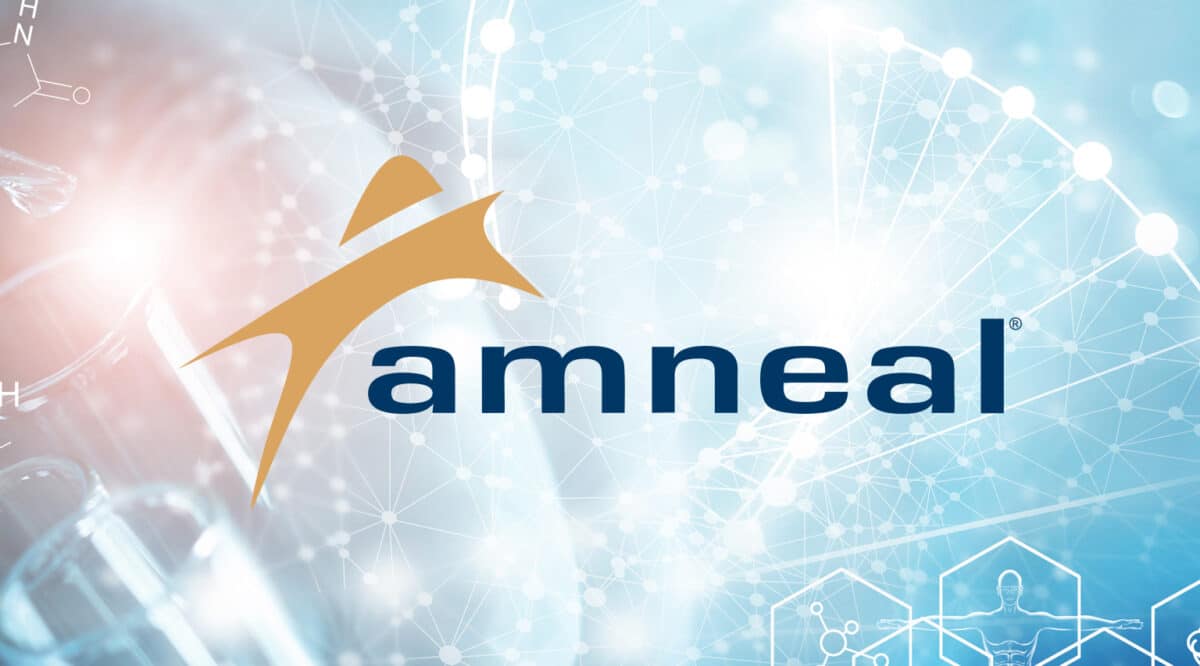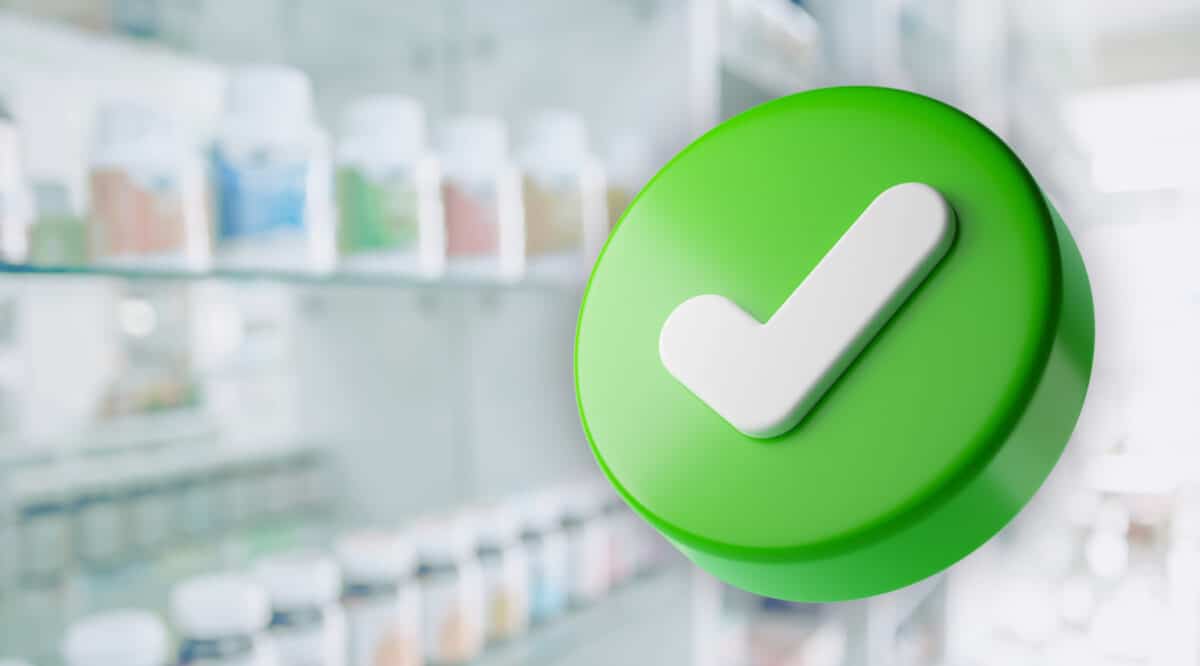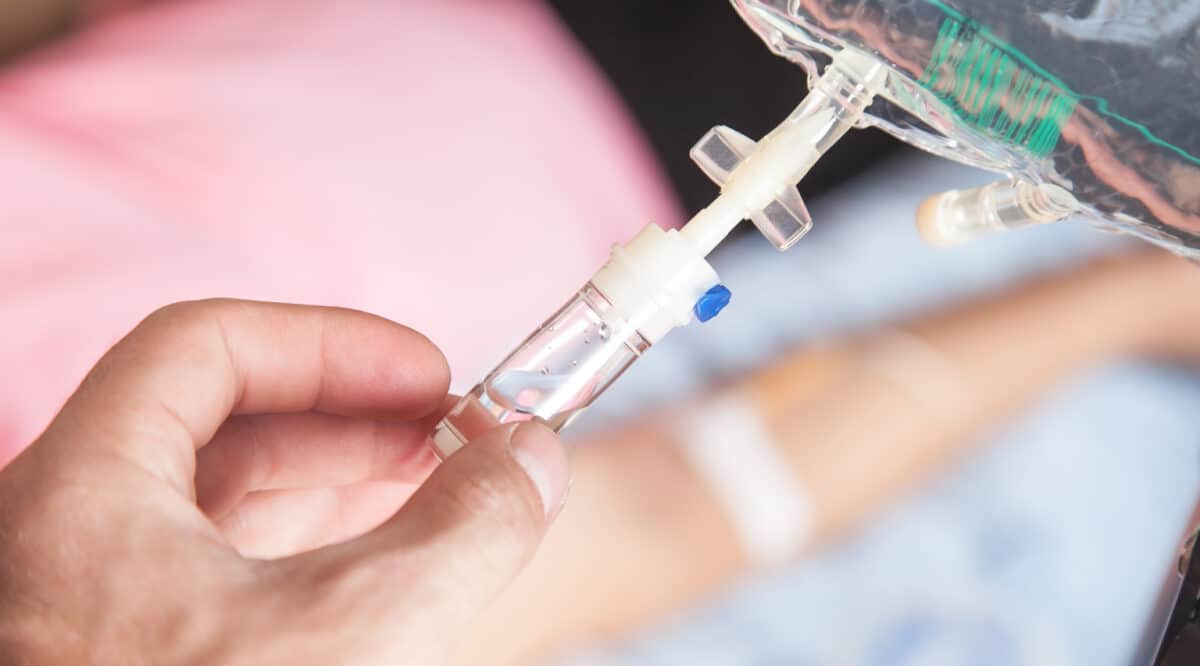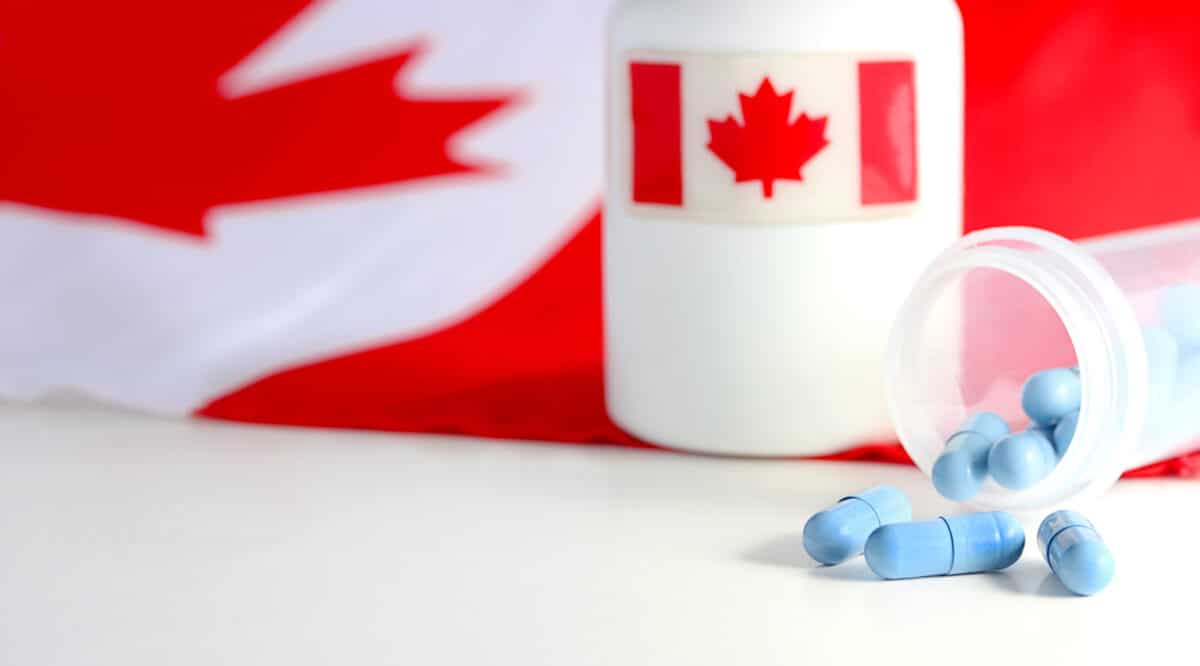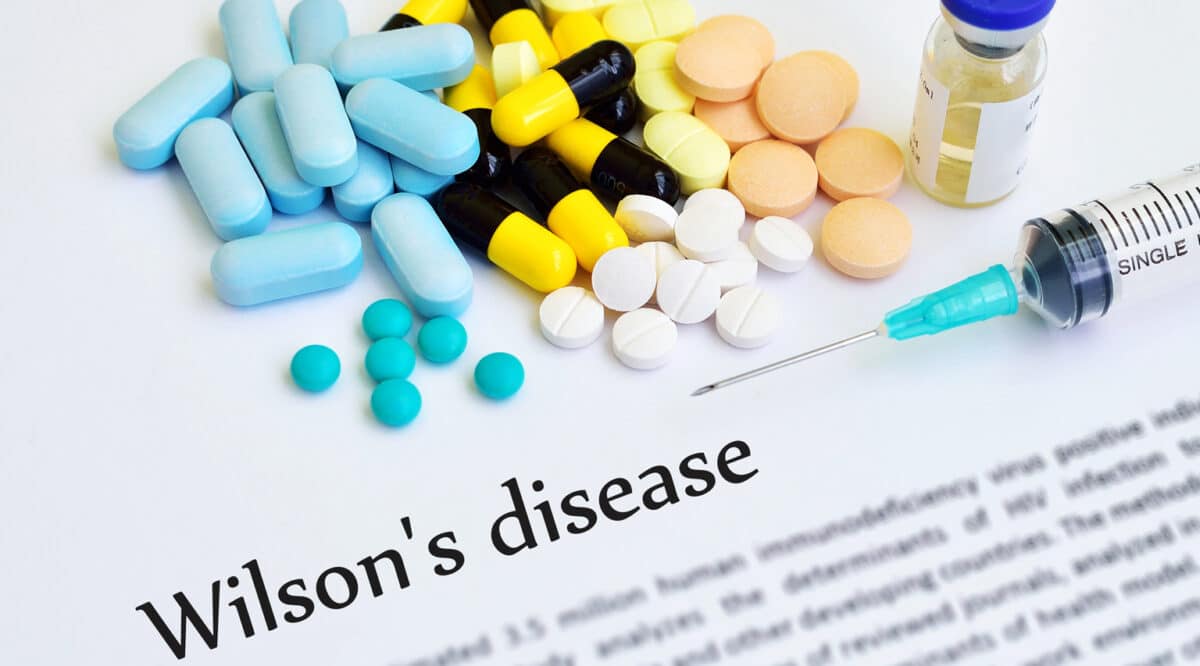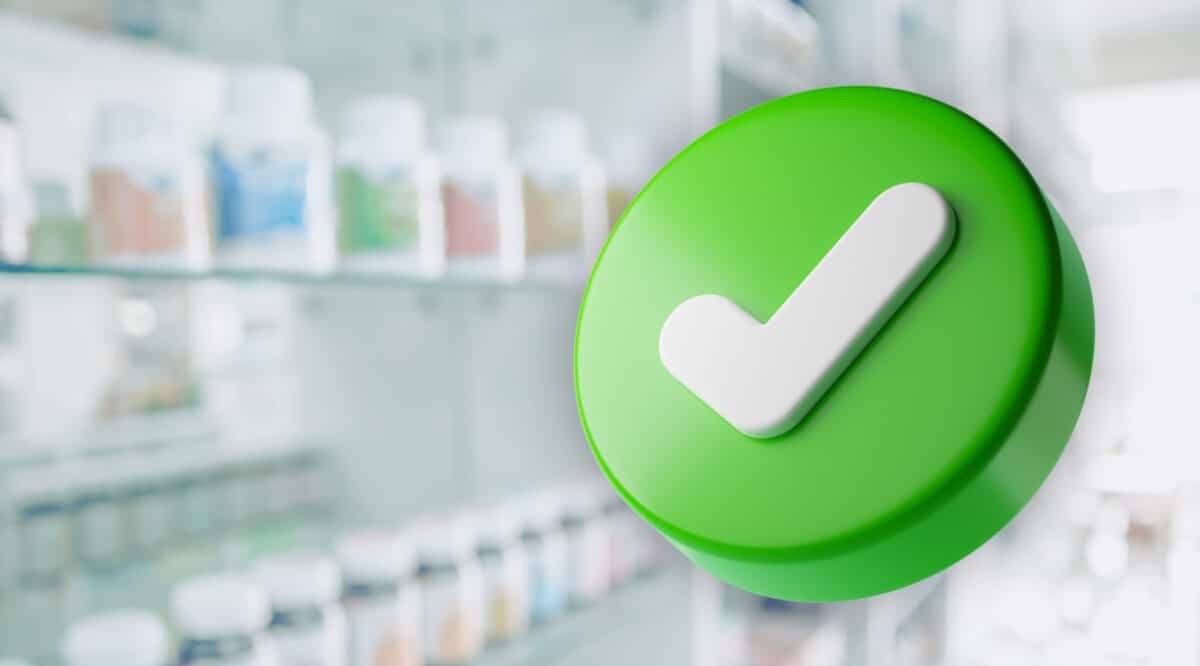The FDA recently approved a new form of therapy for ALS. Normally, a new form is not big news, but, for this therapy, it may be a lifeline. The approval was for an oral form of Radicava manufactured by Mitsubishi Tanabe.
Radicava is not a cure and does not restore function. Results showed that Radicava-treated patients lived nearly two times longer than those not given the therapy (median of 49 vs. 25 months).
Why is this a lifeline for Radicava?
First, there are only 12,000 to 15,000 people in the U.S. with ALS. But, it is a surprisingly competitive market with five drugs currently approved to treat ALS and its symptoms. They include Radicava, Rilutek, Tiglutik, Exservan, and Nuedexta. Secondly, Radicava was previously available only in infused form. Mobility is a huge challenge for ALS patients, so, an oral form administered in the home is competitively advantageous.
The yearly cost of infused Radicava is approximately $145,000, and each infusion session costs at least $1,000. Radicava has been available only through limited distribution since its original launch. We expect that the oral form will also be placed in limited distribution.
Mitsubishi Tanabe scores FDA nod for oral version of its ALS drug Radicava
Five years after the FDA approved Mitsubishi Tanabe’s Radicava as an infused treatment for Lou Gehrig’s disease, the U.S. regulator has signed off on its oral version.
Hour-long infusions at a clinic, 10 days a month: Patients with amyotrophic lateral sclerosis (ALS) have had to endure an onerous treatment regimen.
But on Thursday, the FDA signed off on an oral version of Mitsubishi Tanabe’s Radicava, which can be taken at home and, if necessary, through a feeding tube.
When Radicava was initially approved in 2017, it was the first new treatment in 22 years for ALS—also known as Lou Gehrig’s disease. While the condition is fatal, usually two to five years from diagnosis, Radicava has been shown to slow its progression by roughly a third. Patients with ALS lose the ability to control their muscles, making it difficult to walk, eat, breathe and talk.
The new FDA endorsement is based on evidence showing that the oral version can deliver the same concentration of medicine to the bloodstream.
The oral Radicava is taken in the morning on an empty stomach and is administered with the same frequency as the infused version. The drug is introduced into the body with doses for 14 straight days, followed by 14 drug-free days. For maintenance, patients take it 10 out of 14 days, followed by 14 days with no medicine.
After Radicava won approval in Japan and South Korea in 2015, the FDA reached out to Mitsubishi Tanabe to apply for an orphan drug nod in the United States. The blessing came less than a year after submission and was based solely on a successful trial of the drug in Japan.
Those who take Radicava can have side effects such as bruising, headache and gait disturbance.


